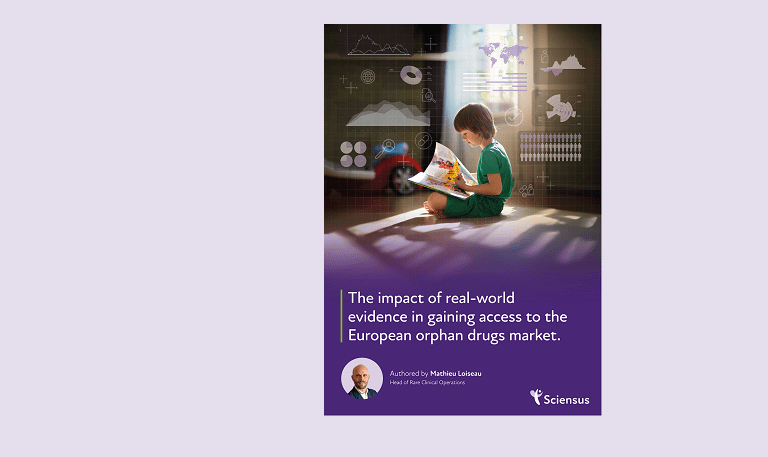Insights.
Stay up-to-date with the latest industry news, trends, insights and research. This section provides valuable information and resources.
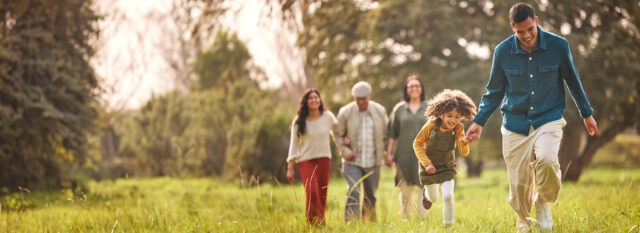
Thought Leadership
Unleashing valuable patient insights: The transformative power of patient reported data.
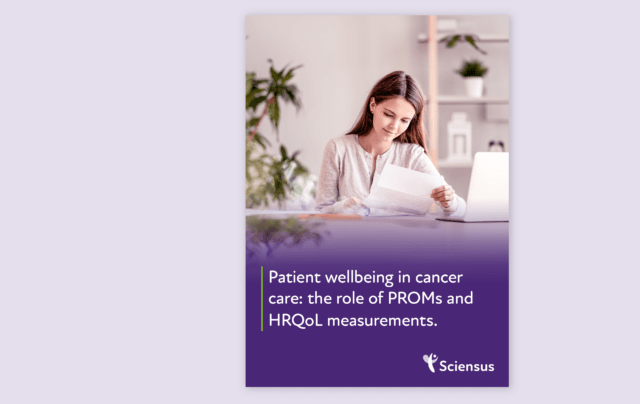
Thought Leadership
The benefits of digitally collecting PROMs to study patient wellbeing.

News
Clinical Pharmacy Congress 2024
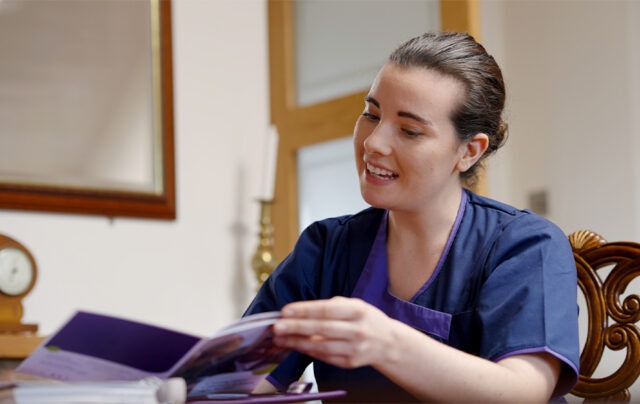
News
How could at-home cancer treatment help reduce waiting times?

News
Sciensus partners with ITN and Genetic Alliance UK for Rare Disease Day

News
Sciensus to integrate pathology test results into iQemo
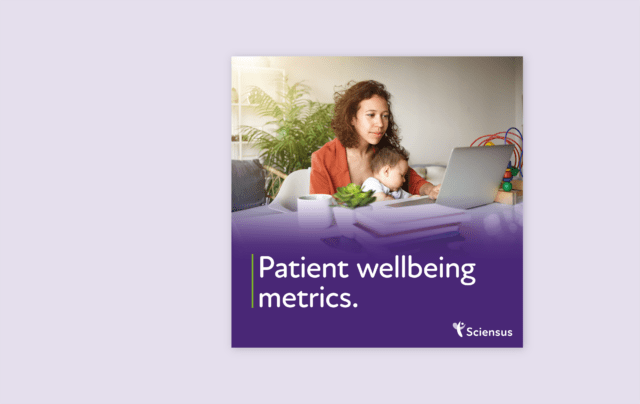
Thought Leadership
White Paper: Quality of Life

News
Reuters Pharma 2024 Conference
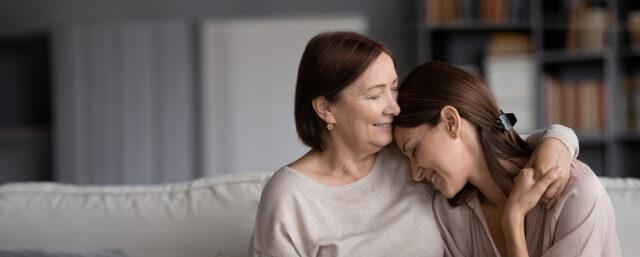
Blog
How can we support patients to personalise their cancer treatment?
